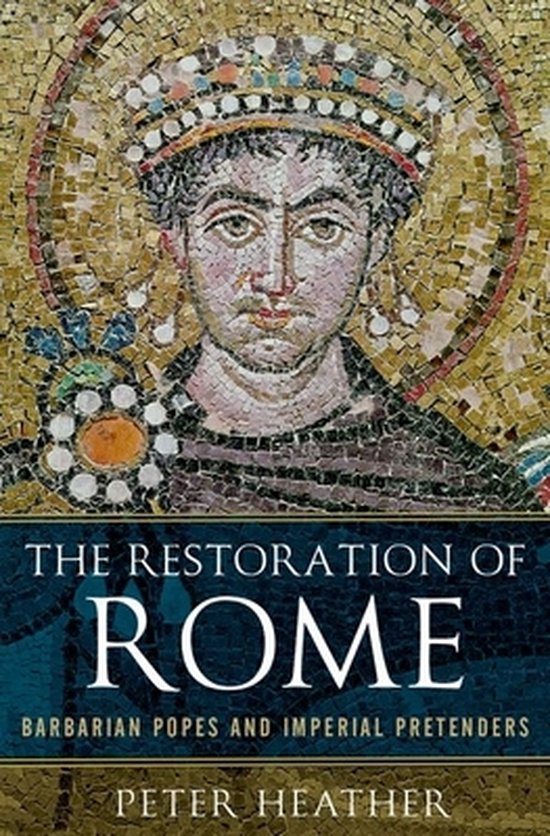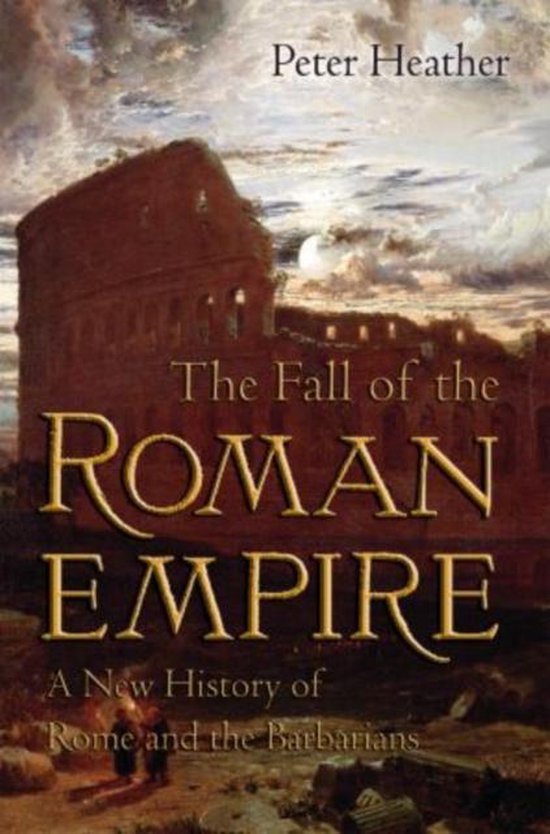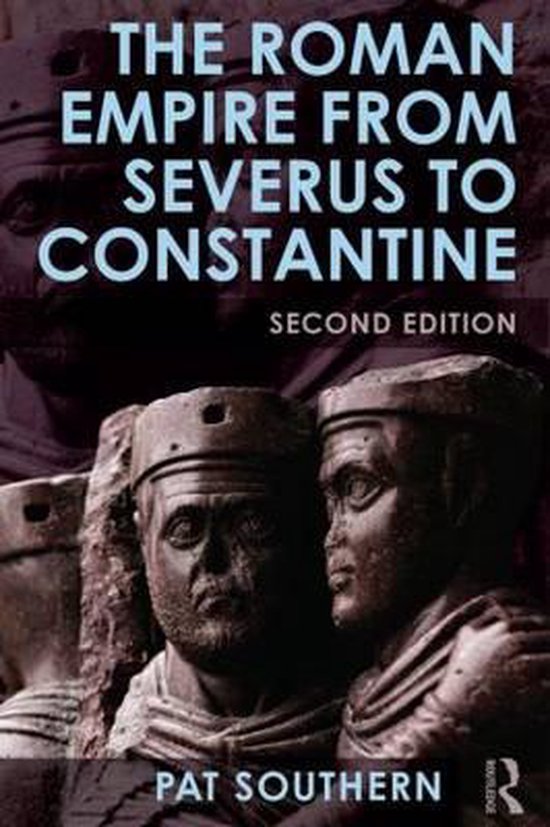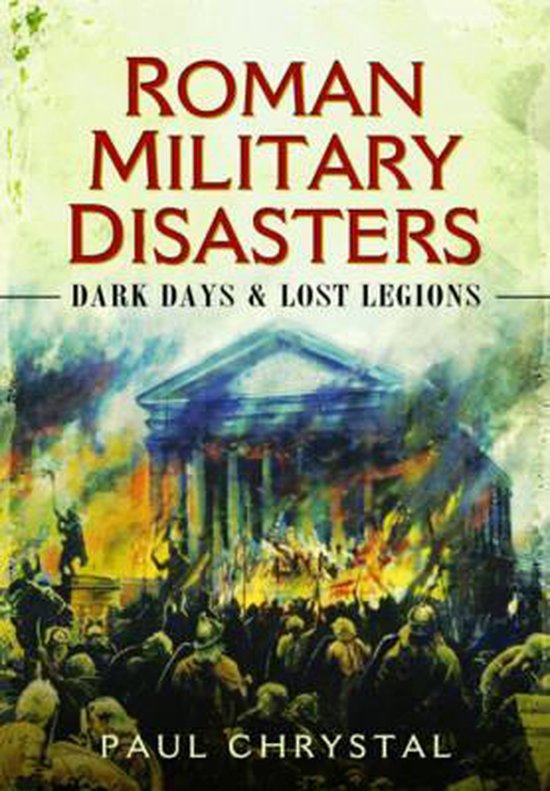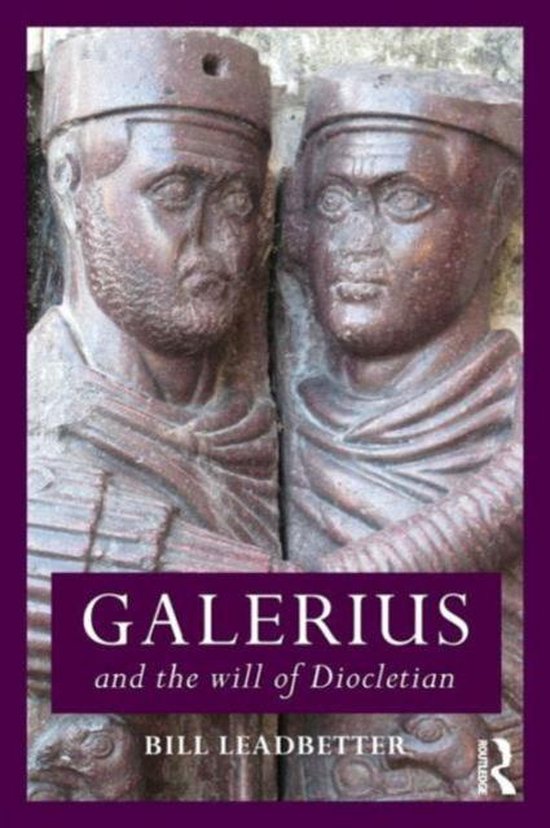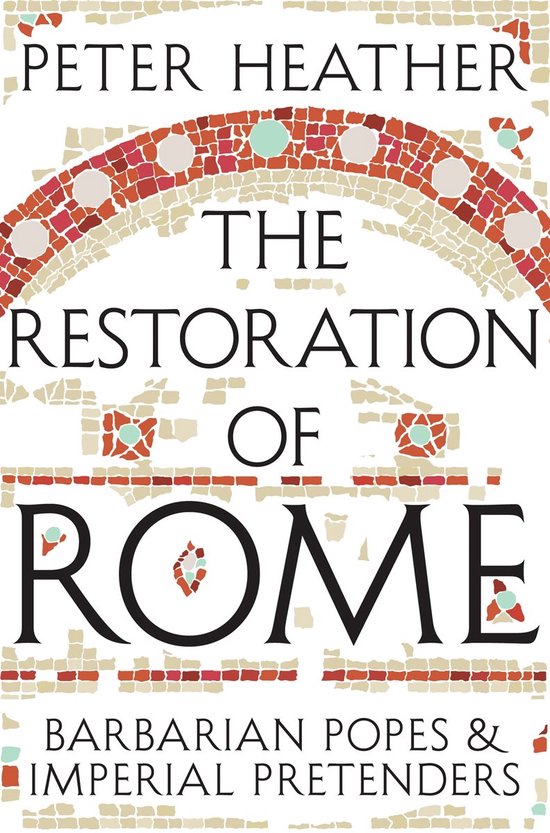
Restoration Of Rome
The compelling sequel to Peter Heather's critically acclaimed international bestseller, The Fall of the Roman Empire
In 476 AD the last of Rome's emperors was deposed by a barbarian general and the curtain fell on the Roman Empire in Western Europe. But in many parts of the old Empire, real Romans still lived, holding on to their lands and their values. Across Europe great leaders were determined to reignite the imperial flame and to enjoy the benefits of Roman civilization, among them Theoderic, Justinian and Charlemagne. But it was not until the reinvention of the papacy in the eleventh century that Europe's barbarians found the means to generate a new Roman Empire, an empire which has lasted a thousand years. 'Convincing, passionate . . . a keenly conceived, deeply intelligent and very timely history' Dan Jones, Sunday Times 'Fascinating . . . told with energy and zest, full of lurid detail and enthralling biographical portraits' Daily Telegraph 'Underlying this rollicking narrative of sieges, sea battles and palace coups is a clever argument about the enduring dream of a universal European realm' Dominic Sandbrook, Sunday Times Books of the Year
In 476 AD the last of Rome’s emperors was deposed by a barbarian general, the son of one of Attila the Hun’s henchmen, and the imperial vestments were despatched to Constantinople. The curtain fell on the Roman Empire in Western Europe, its territories divided between successor kingdoms constructed around barbarian military manpower. But if the Roman Empire was dead, the dream of restoring it refused to die. In many parts of the old Empire, real Romans still lived, holding on to their lands, the values of their civilisation, its institutions; the barbarians were ready to reignite the imperial flame and to enjoy the benefits of Roman civilization, the three greatest contenders being Theoderic, Justinian and Charlemagne. But, ultimately, they would fail and it was not until the reinvention of the papacy in the eleventh century that Europe’s barbarians found the means to generate a new Roman Empire, an empire which has lasted a thousand years.
In 476 AD the last of Rome's emperors was deposed by a barbarian general and the curtain fell on the Roman Empire in Western Europe. But in many parts of the old Empire, real Romans still lived, holding on to their lands and their values. Across Europe great leaders were determined to reignite the imperial flame and to enjoy the benefits of Roman civilization, among them Theoderic, Justinian and Charlemagne. But it was not until the reinvention of the papacy in the eleventh century that Europe's barbarians found the means to generate a new Roman Empire, an empire which has lasted a thousand years. 'Convincing, passionate . . . a keenly conceived, deeply intelligent and very timely history' Dan Jones, Sunday Times 'Fascinating . . . told with energy and zest, full of lurid detail and enthralling biographical portraits' Daily Telegraph 'Underlying this rollicking narrative of sieges, sea battles and palace coups is a clever argument about the enduring dream of a universal European realm' Dominic Sandbrook, Sunday Times Books of the Year
In 476 AD the last of Rome’s emperors was deposed by a barbarian general, the son of one of Attila the Hun’s henchmen, and the imperial vestments were despatched to Constantinople. The curtain fell on the Roman Empire in Western Europe, its territories divided between successor kingdoms constructed around barbarian military manpower. But if the Roman Empire was dead, the dream of restoring it refused to die. In many parts of the old Empire, real Romans still lived, holding on to their lands, the values of their civilisation, its institutions; the barbarians were ready to reignite the imperial flame and to enjoy the benefits of Roman civilization, the three greatest contenders being Theoderic, Justinian and Charlemagne. But, ultimately, they would fail and it was not until the reinvention of the papacy in the eleventh century that Europe’s barbarians found the means to generate a new Roman Empire, an empire which has lasted a thousand years.
| Auteur | | Peter Heather |
| Taal | | Engels |
| Type | | Paperback |
| Categorie | | Geschiedenis |
